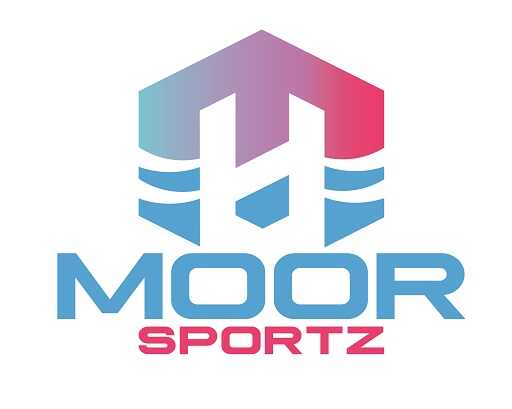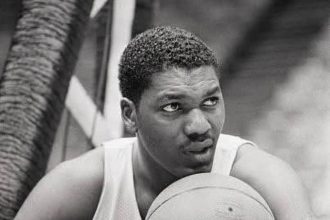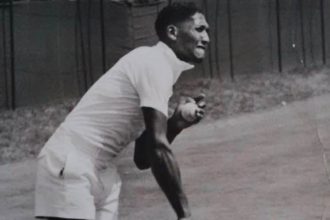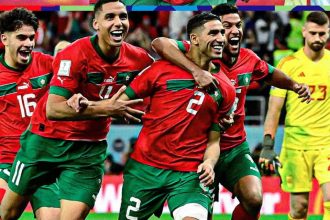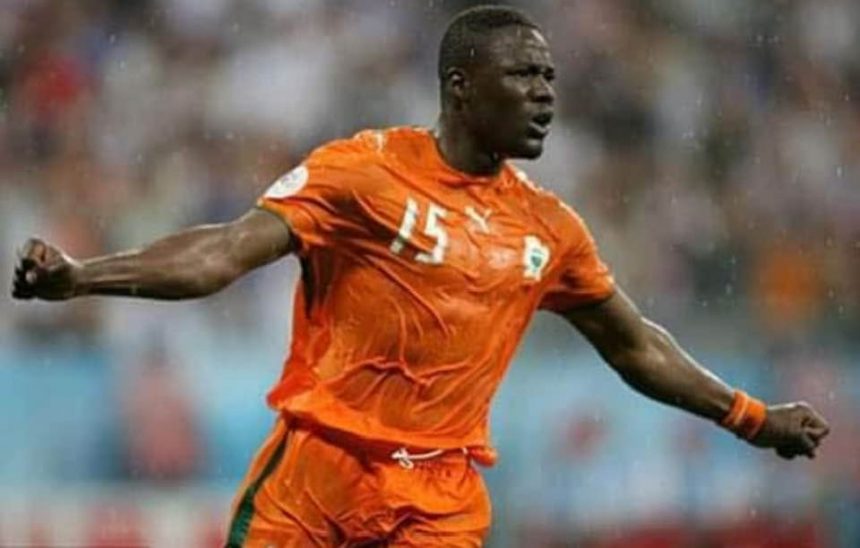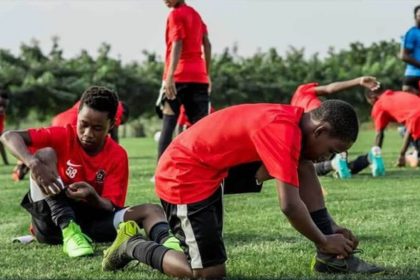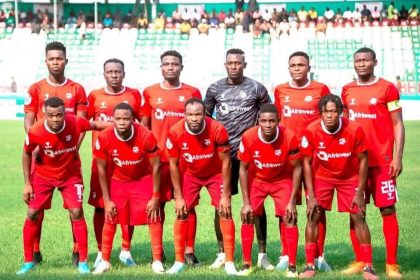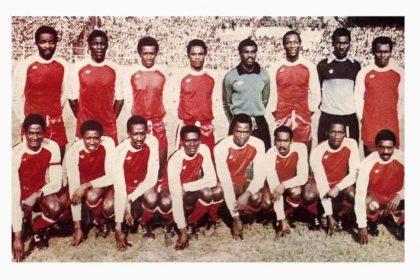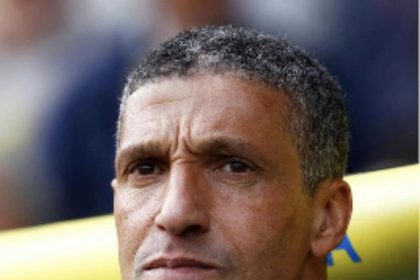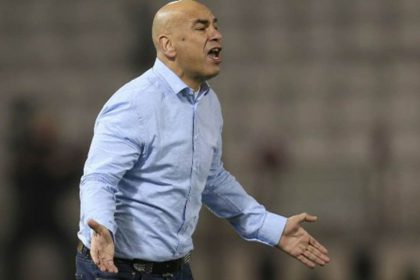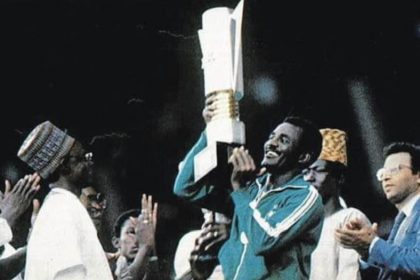In the world of football, few teams have managed to achieve the incredible feat of an unbeaten run lasting several seasons. However, one club stands tall in the history of football for accomplishing an extraordinary achievement in African football: Asec Mimosas of Ivory Coast. From 1989 to 1994, Asec Mimosas embarked on an unbeaten run in domestic competitions that would not only cement their legacy in African football but also establish a world record for the longest unbeaten streak in football history.
Advocate Roger Ouégnin was elected as club president On 19 November 1989 and his first executive action was to approve the appointment of the Frenchman, Philippe Troussier, fondly called “Le sorcier blanc” (meaning the White Witch Doctor) by the fans of the club, as coach from 1989 until 1992.
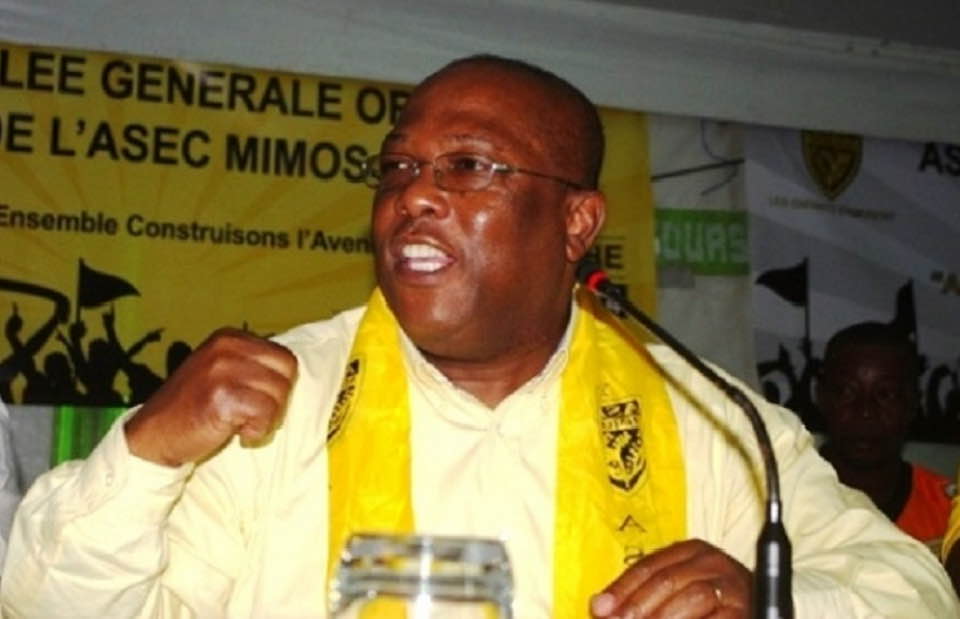
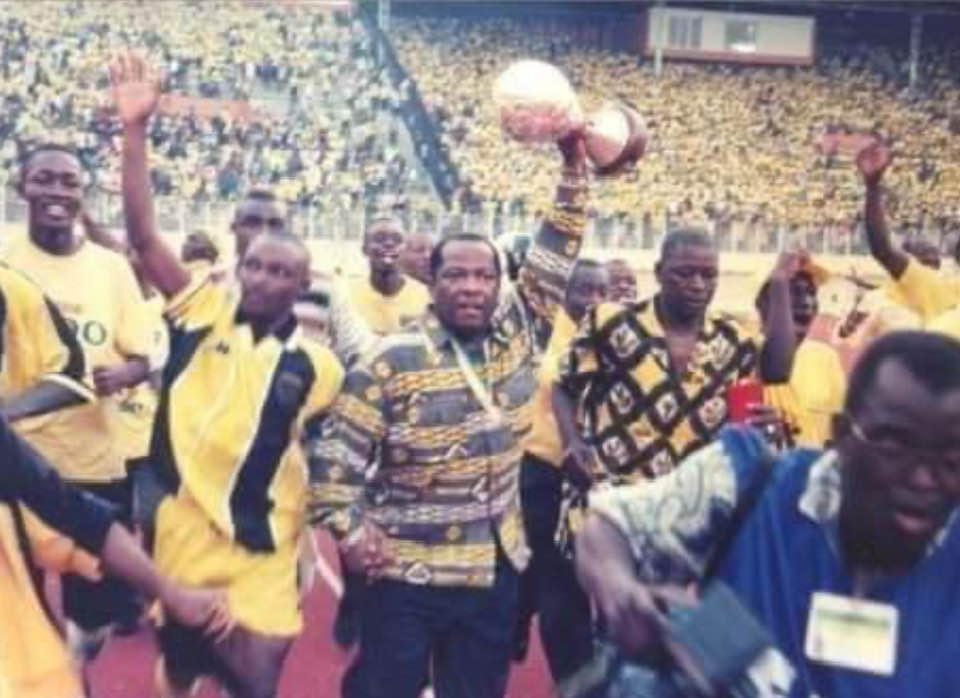
This was the beginning of a two-phase revival in the history of the club since 1948 it was founded as an institution. They won the championship six consecutive times between 1990 and 1995. ASEC Abidjan also provided the backbone of the national team that won the 1992 African Cup of Nations, including key members of the generation such as Donald-Olivier Sié, goalkeeper Alain Gouaméné, Phillippe Simo, Bonaventure Kalou, Saint-Joseph Gadji-Celi, Abdoulaye Traoré aka Ben Badi, Koffi Djidji, Moussa Sanogo, Serge-Alain Maguy, Sékou Bamba, Basile Aka Kouamé, and many more.
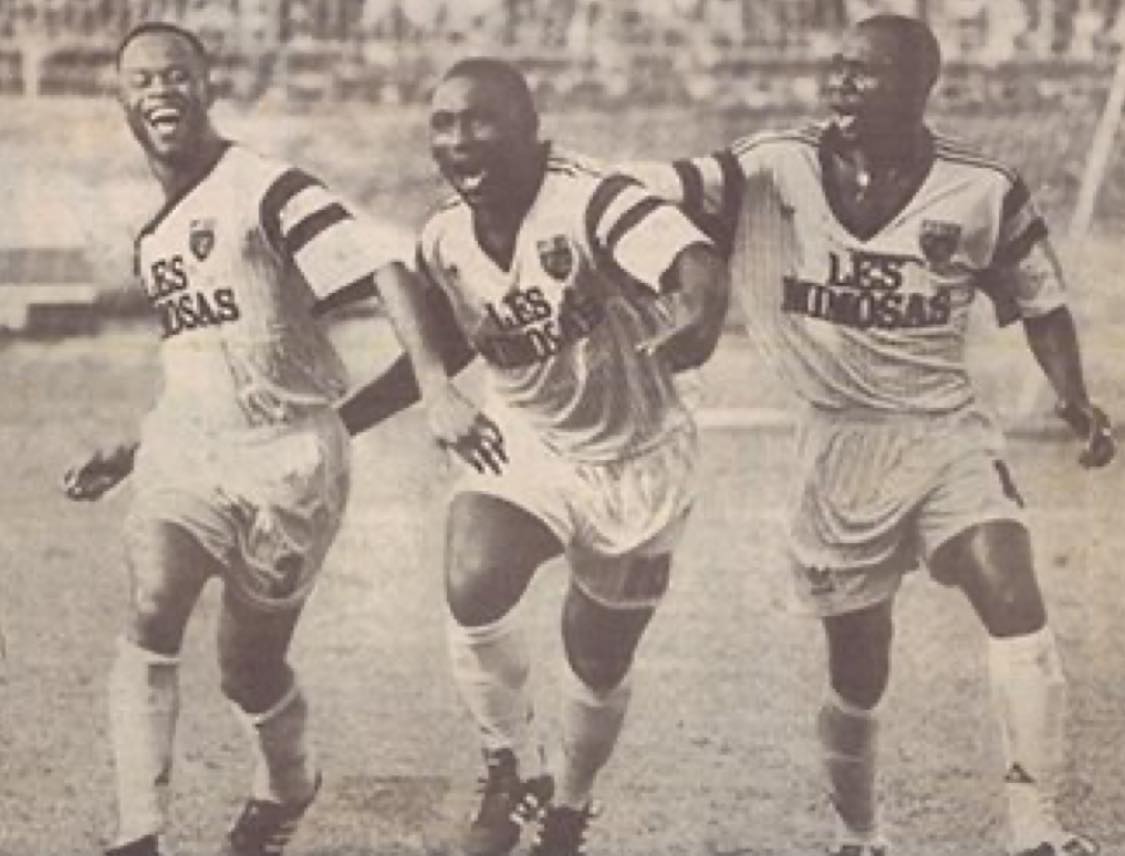
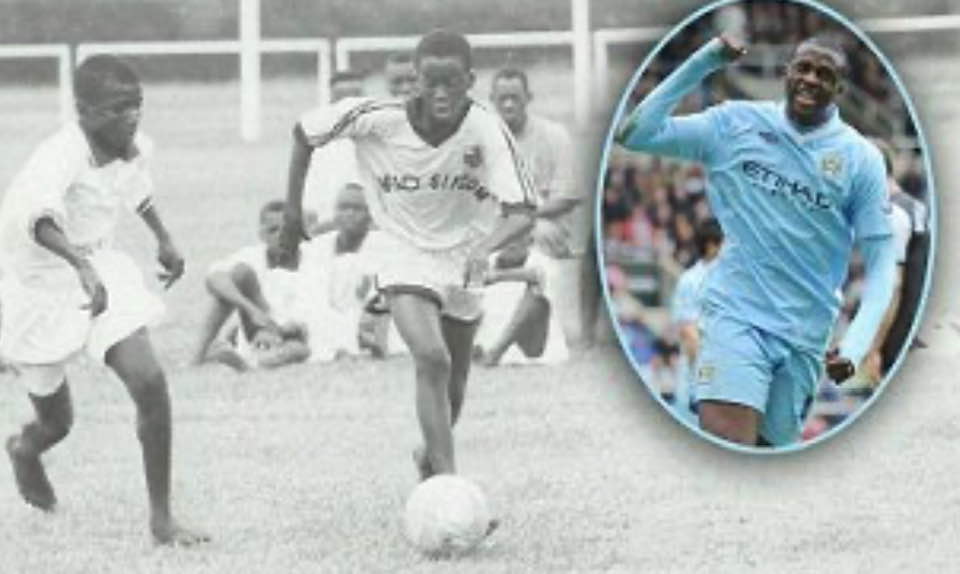
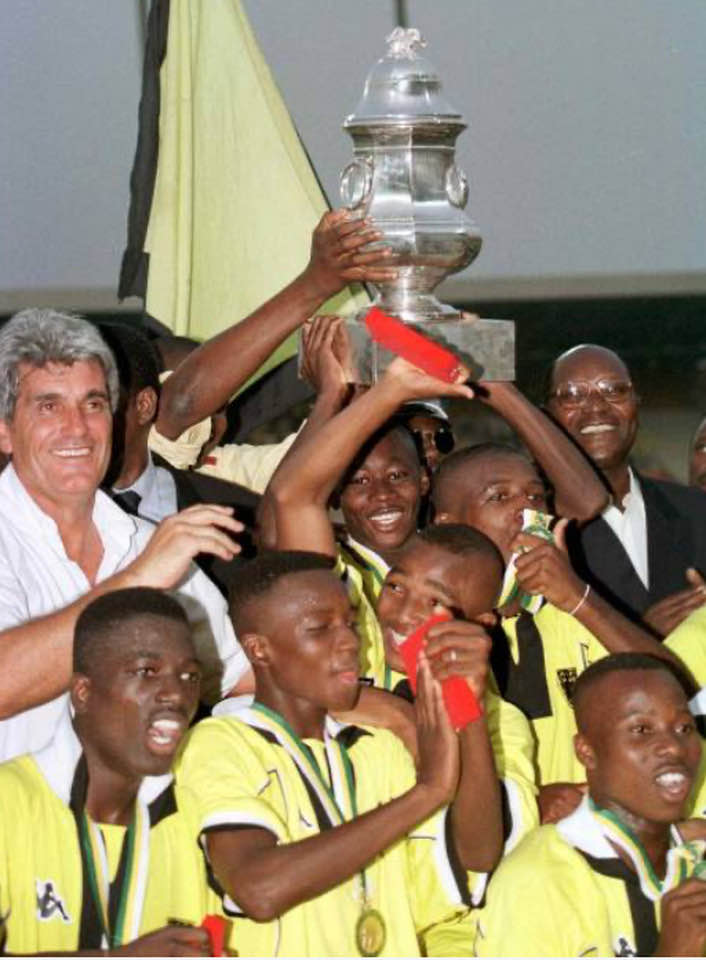
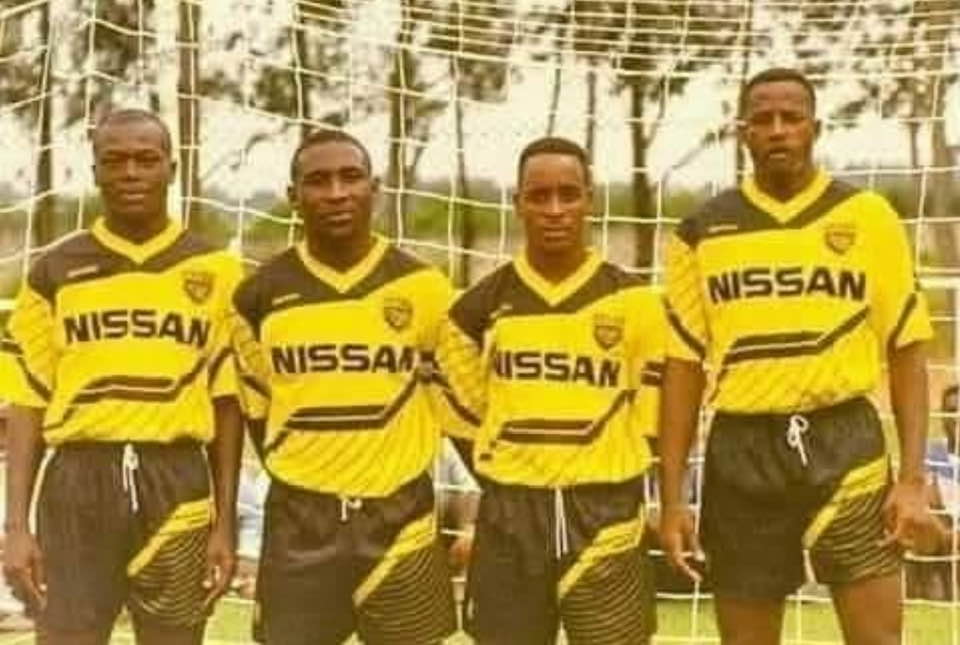

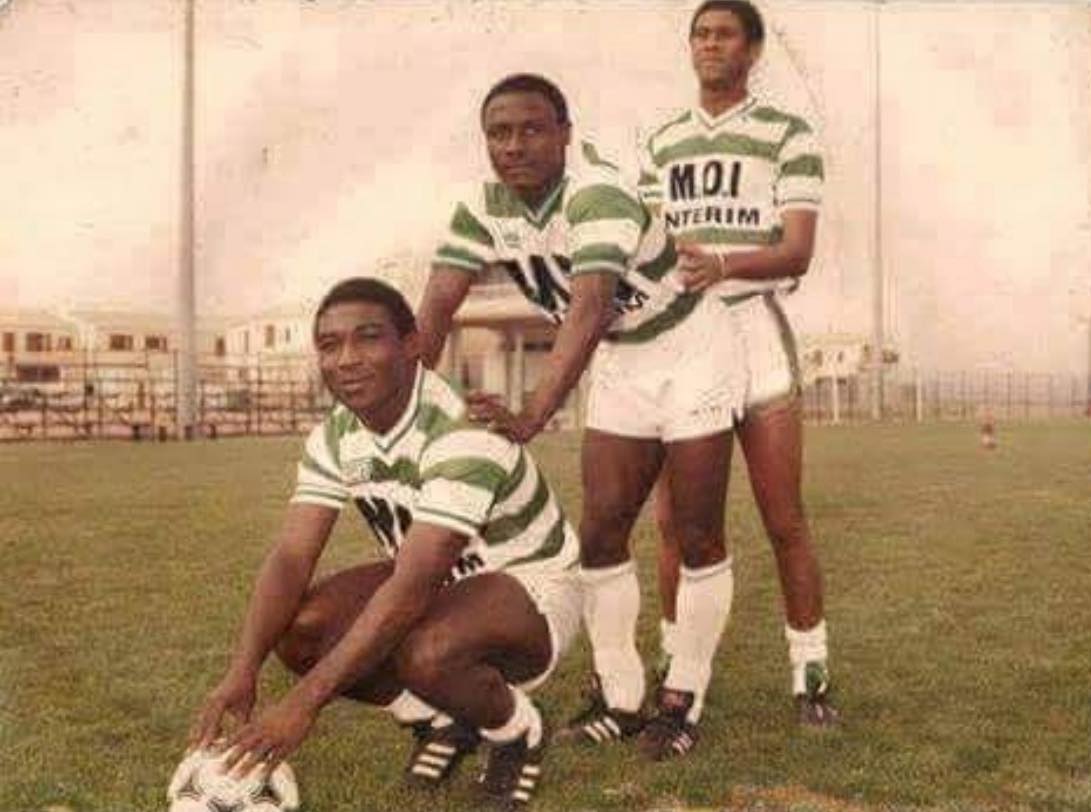
ASEC Mimosas’ unbeaten run began in 1989 and stretched over an astonishing five years until 1994. During this period, they remained unbeaten in domestic league matches, going through 108 consecutive games without losing, across multiple seasons. This streak is not only one of the longest unbeaten records in football history but is also recognized by the Guinness World Records as the longest unbeaten streak in the history of club football. The feat came in an era when African football was gaining significant global attention, and ASEC Mimosas’ consistency in the Ivorian league became a symbol of excellence. It was a feat that made Asec Mimosas a beacon of consistency and dominance, establishing their place as one of Africa’s elite clubs. This unbeaten streak was a product of team effort. This first generation of their golden age spanned a whole decade between 1989 to 1998 and peaked when they won the CAF champions league in 1998, they also got to two semifinals and a final of the Champions league along the way.
Former French national player Jean-Marc Guillou joined the club staff as director, manager and financier in 1993, together with chairman Roger Ouégnin, he established the Académie MimoSifcom at Sol Béni. Jean-Marc Guillou’s attentions were aroused when his signing from ASEC Mimosas, Youssouf Fofana, while he was the manager of AS Cannes a decade earlier was a hugely popular and successful addition to his side, and he headed back to the West African nation convinced there were more youngsters with boundless raw talent to be unearthed and polished into superstars.

They started to scout amongst thousands of young kids to form the first set to receive coaching and education in the well funded academy. When the careers of the first set of players were about to end and they moved to the more lucrative leagues in Europe after the 1998 CAF Champions League success, the club was faced with succession problem.
ASEC faced Espérance Sportive de Tunis in the CAF Super Cup in 1999 but most of the old players were aged, So Guillou and Ouégnin decided to replace the old squad with the first products of the academy that was established in 1993, most of them only aged around 17 or 18 years. The owners protested against this measure and Espérance’s president Slim Chiboub called it a “scandal to be playing against children”. However, the young ASEC squad surprisingly stunned the whole African continent by beating their opponents 3 to 1 goals and brought in the second big international title for the club. Amongst others, Boubacar ‘Copa’ Barry, Kolo Touré, Didier Zokora, Gilles Yapi Yapo, Siaka Tiéné, Abdoulaye Djire, Venance Zézé, and Aruna Dindane were part of that extraordinary teenage assemblage.
These so called young inexperienced boys produced this great feat that announced their descent into the big stage and this heralded the second phase of the golden age of the club. They also went ahead to provide the back bone of the Ivorian team that qualified the country for their first FIFA World Cup ever in 2006. The length of this second phase of the golden age of this extraordinary club even extended more than the first phase as Goalkeeper Boubacar Barry, Kolo Touré and the mercurial Saka Tiéné later became the 3 surviving members of the Teenage prodigies of this class of 1999 that started all the matches in the all-conquering Elephants’ squad that won the 2015 African Cup of Nations, the second time in the history Ivory Coast to stretch to an astonishing 16 years span.
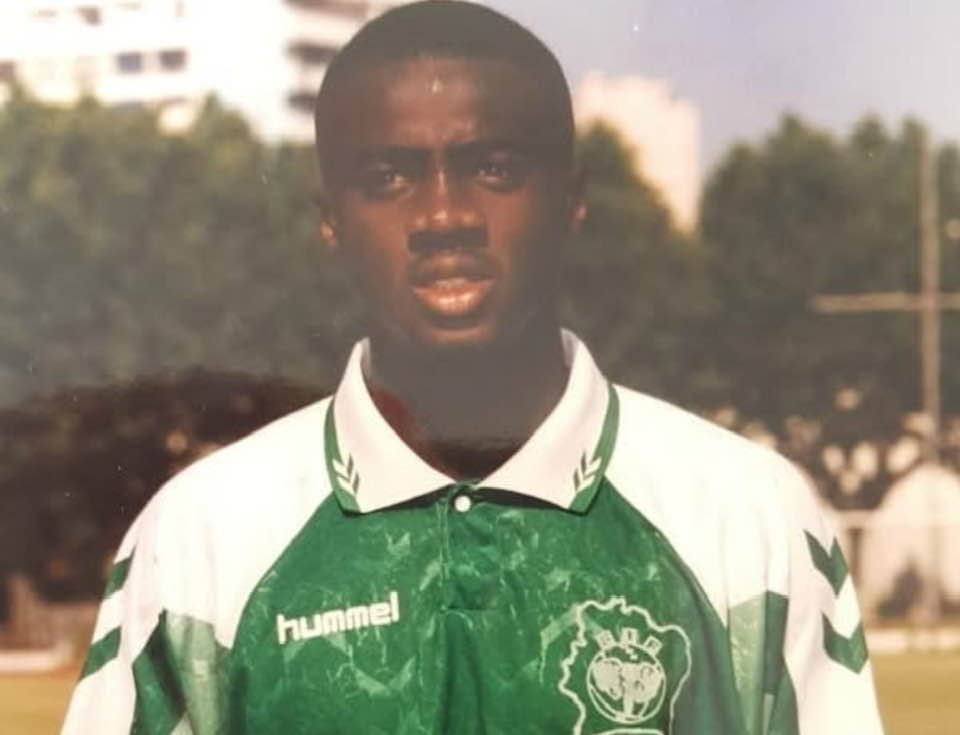
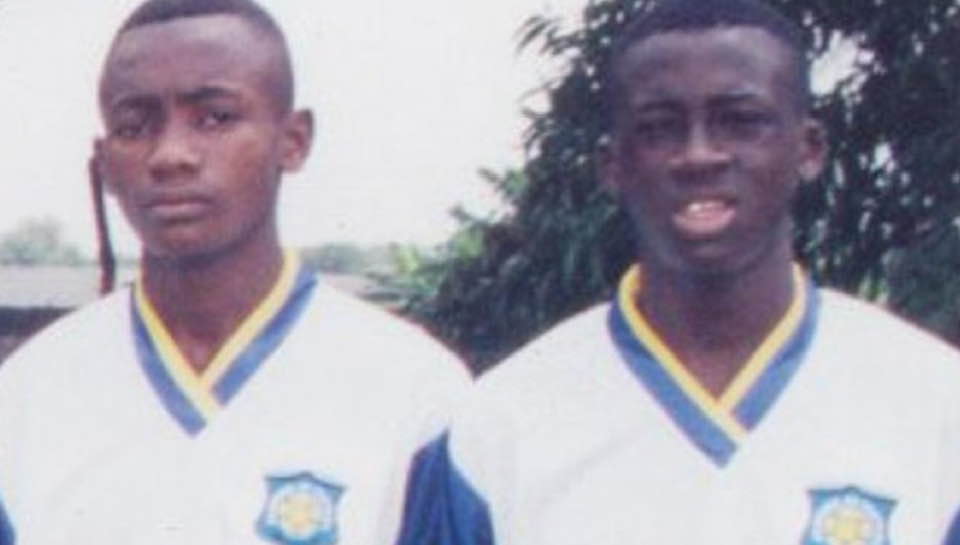
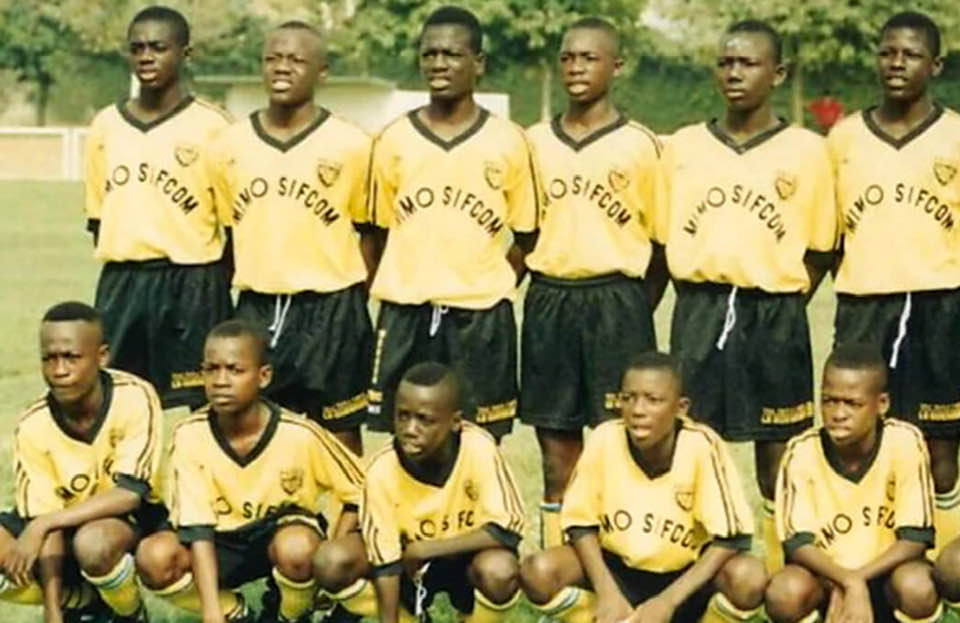
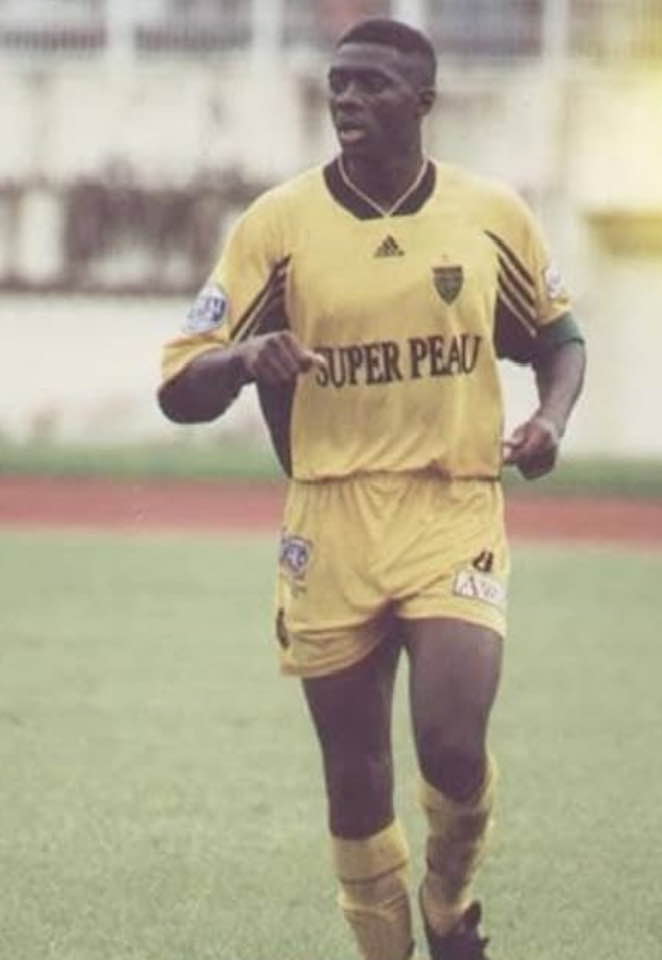
This Académie MimoSifcom (ASECs youth academy) has been described as ‘the crown jewel of African football’. The ASEC’s training complex has since produced many more international stars, famous players who later predominantly played in top foreign leagues, including Emmanuel Eboué, Bakari Koné, Gervinho, Salomon Kalou, Romaric, Didier Ya Konan, Yaya Touré and Odilon Kossounou, all of whom are household names globally.
Several factors contributed to the two phases of Asec Mimosas’ golden age, making them a force to be reckoned with; Asec Mimosas was built on a solid foundation of teamwork and unity. The players developed a unique bond on and off the pitch, and this sense of camaraderie was vital to all their successes in this era. This unity ensured that every player performed to their maximum potential, with each individual contributing to the collective effort.
Defensive Solidity is one of the most crucial aspects of Asec Mimosa football academy’s philosophy, the club boasted one of the tightest defenses in African football during this unique era in their history. The team’s defensive setup was well-organized, disciplined, and difficult to break down, allowing them to frustrate opponents and maintain a high level of consistency. While Asec Mimosas was known for its solid defense, they were also a formidable force in attack, the club had attacking players capable of scoring goals and creating opportunities. The team’s ability to combine creativity in the midfield with clinical finishing made them a balanced and dangerous side.
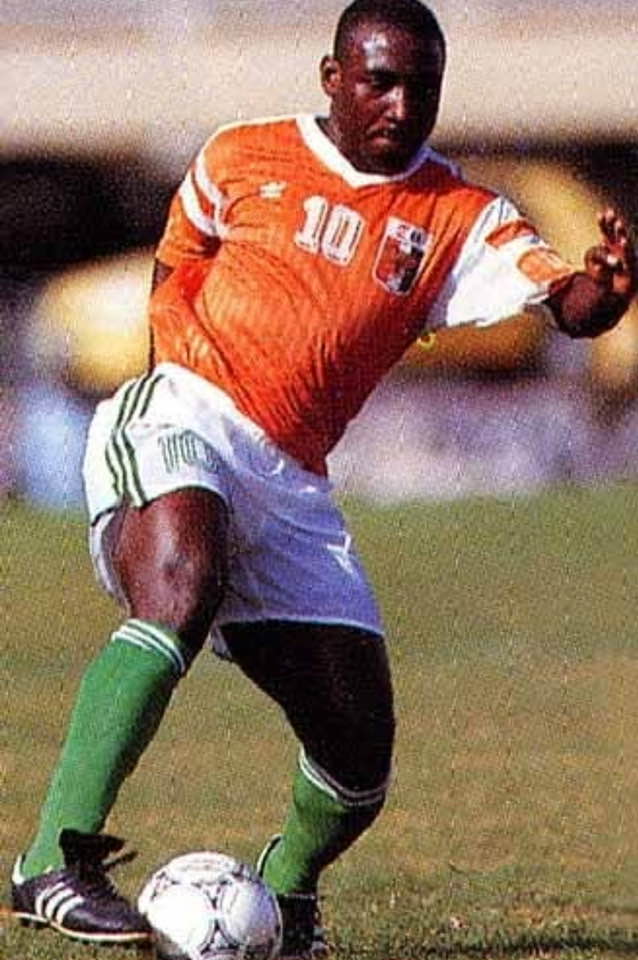
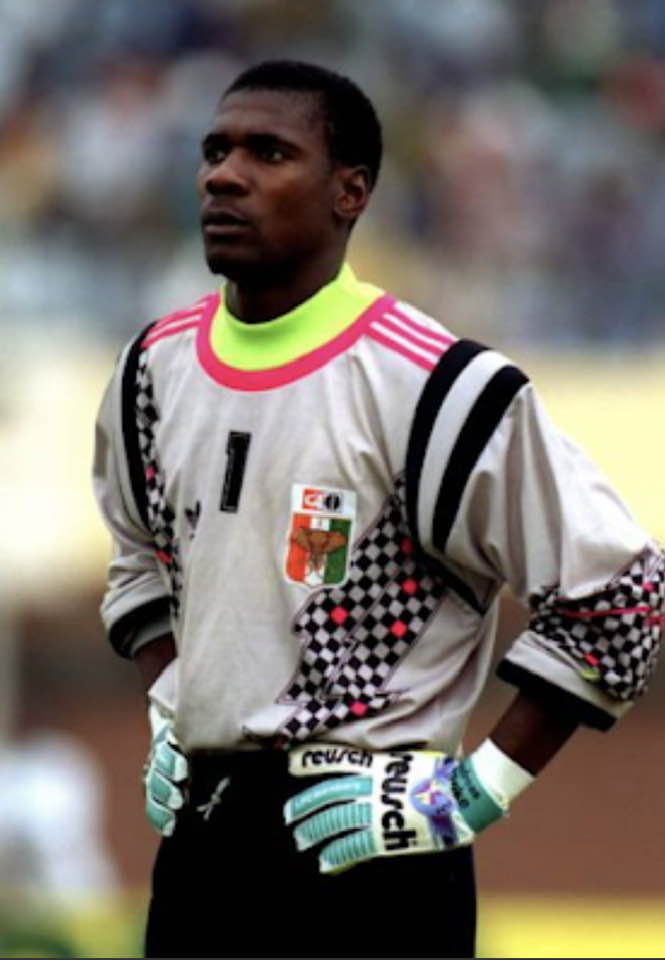
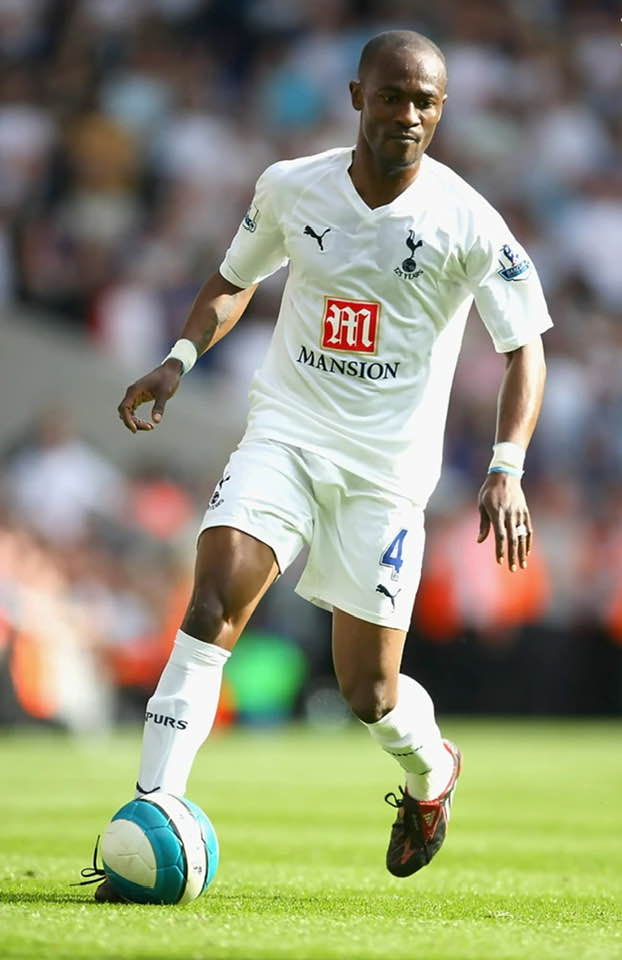
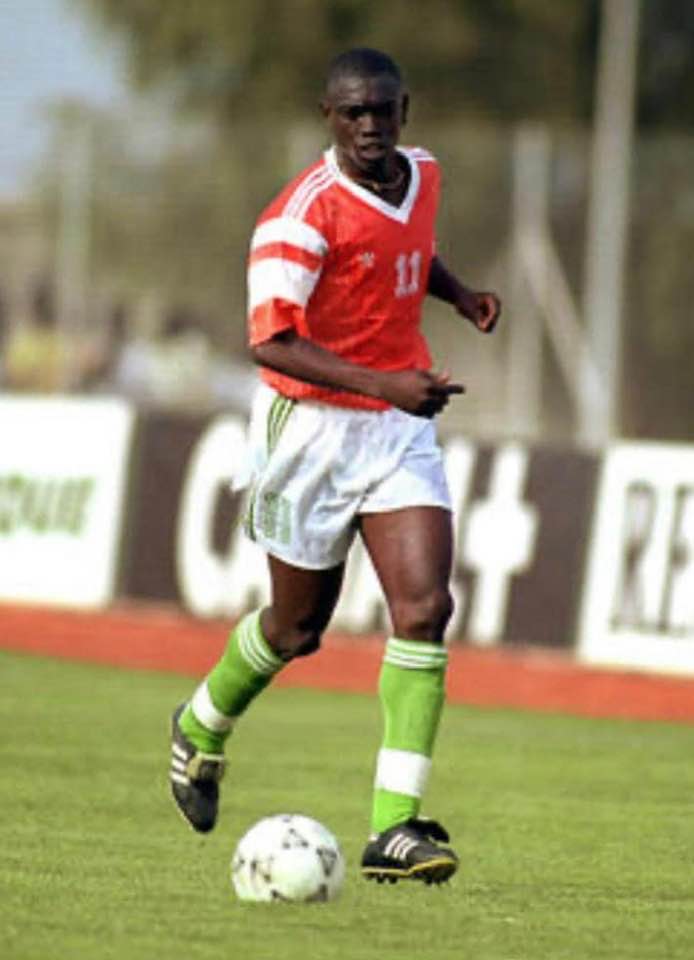
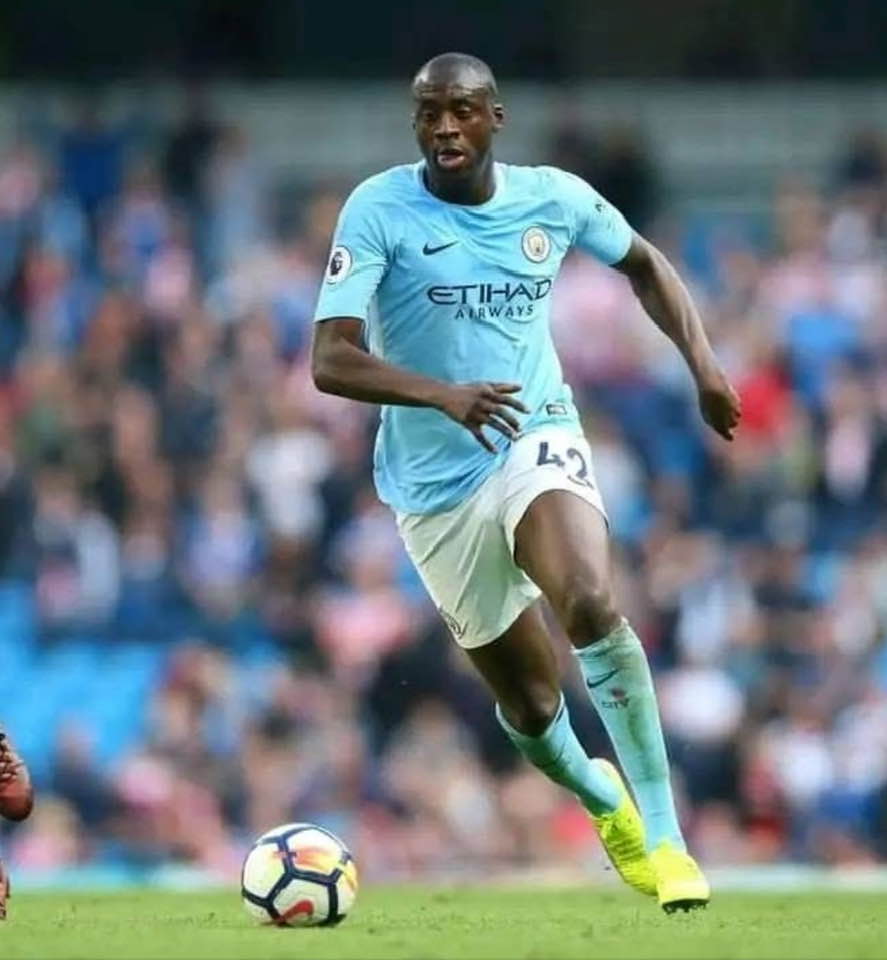
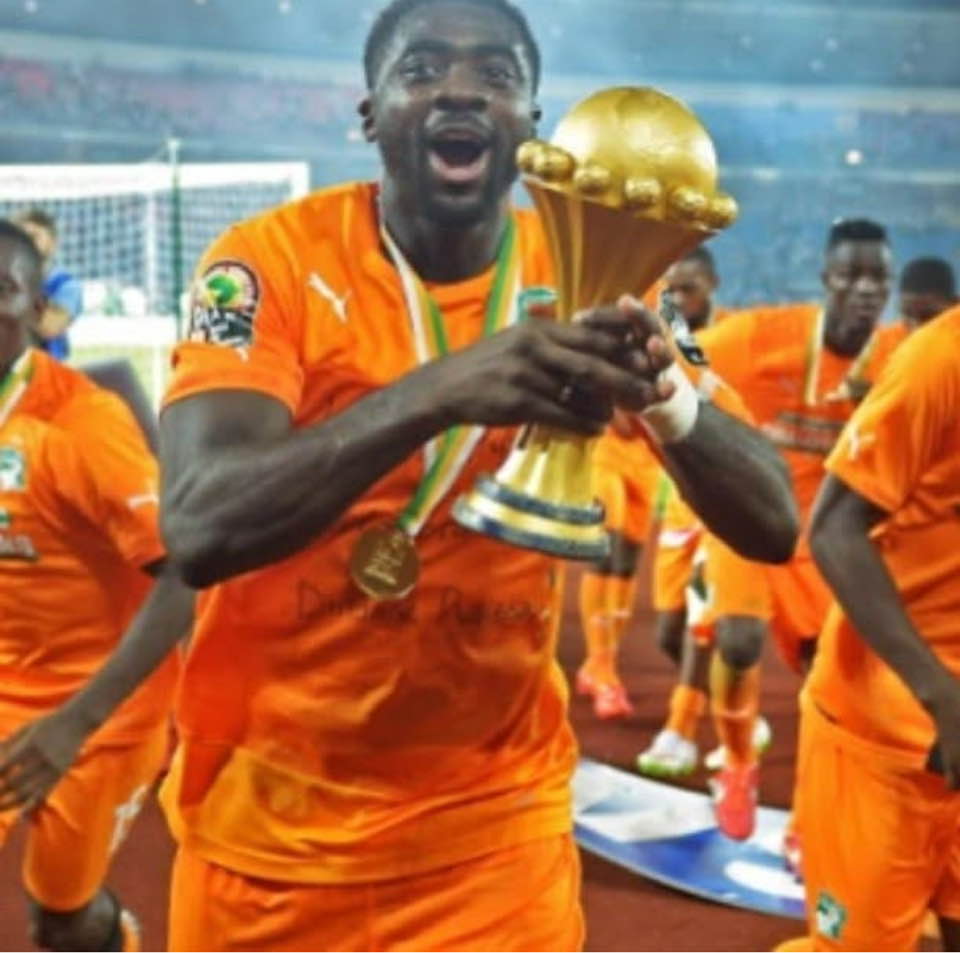
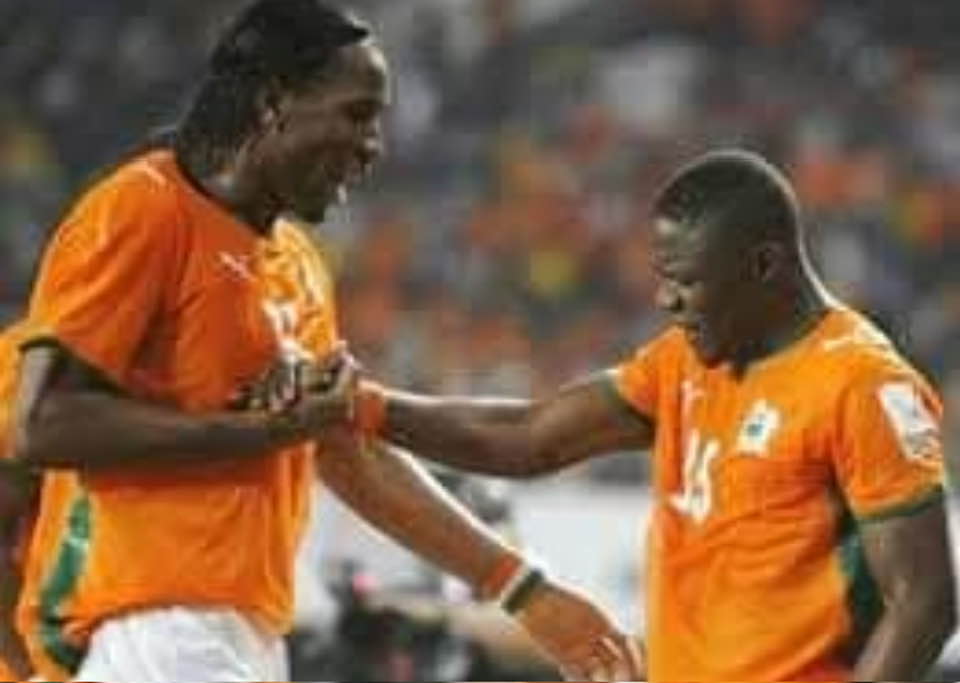
Under the leadership of coaches such as Philippe Troussier (1990-92), Ivorian Eustache Manglé (1992–93), Charles Roessli from Switzerland (1993–94), Mamadou Zaré (1994–95), France’s Jean-Marc Guillou (1998–99), Michel Decastel from Switzerland (1999–01) and other managerial figures, Asec Mimosas exhibited tactical discipline and a well-structured game plan. The team was organized defensively but also had the ability to switch to an attacking mindset when required. The club’s managers played a significant role in ensuring that the players remained focused and consistent throughout the years. The level of professionalism within the club was another major contributing factor to their successes. The players were highly committed to their fitness and discipline, ensuring they maintained peak performance throughout the five years. Their mentality of never accepting defeat and always striving for success allowed them to push through tough situations and stay unbeaten for such a long period.
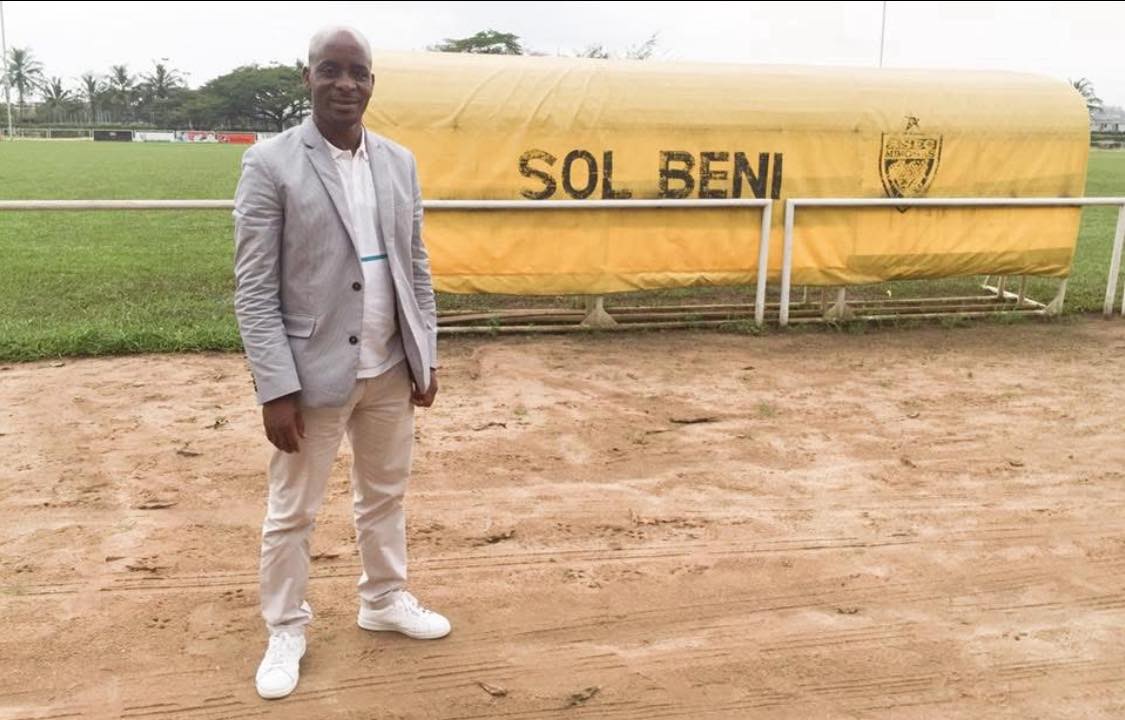
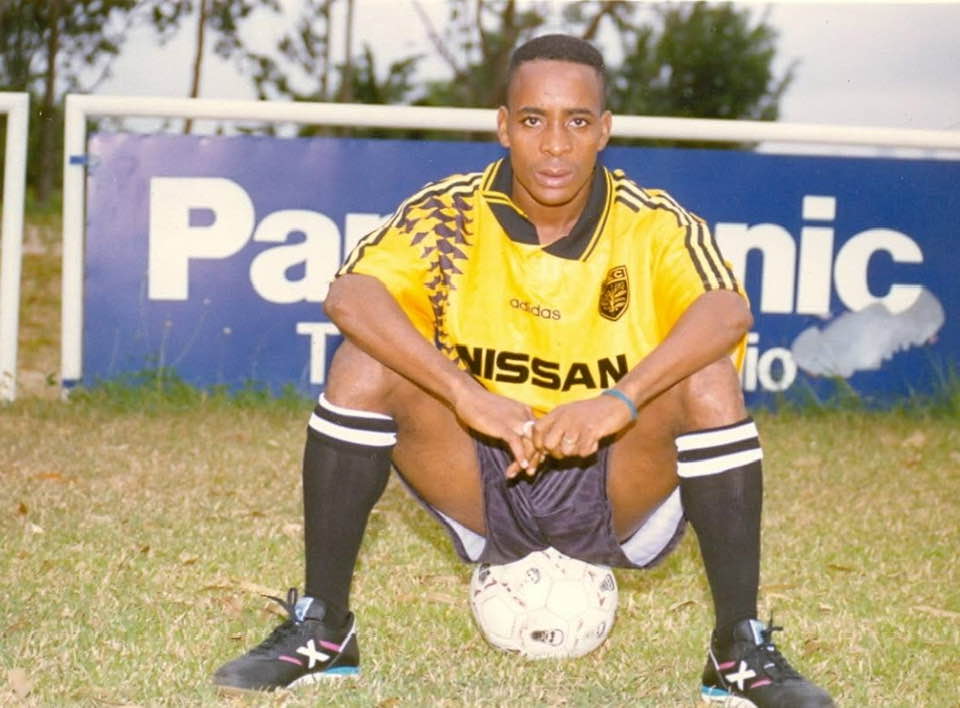
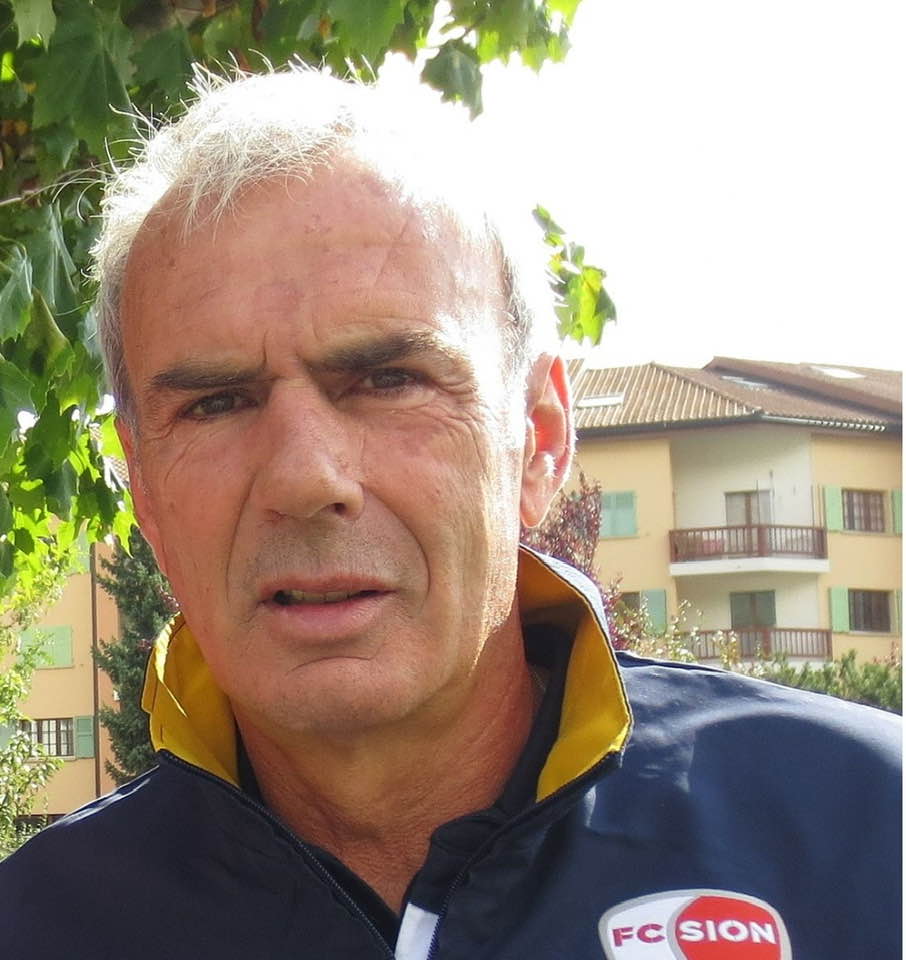
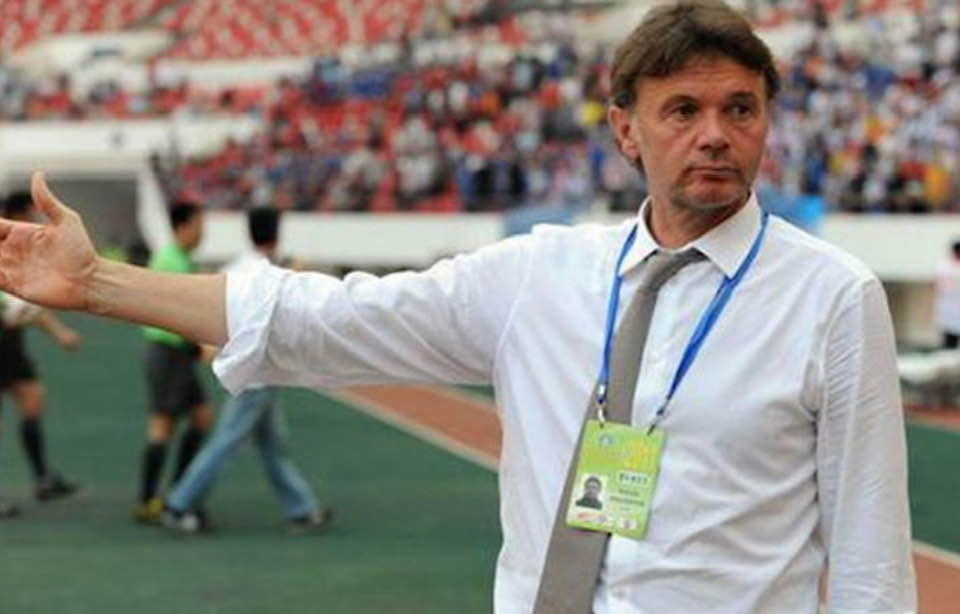
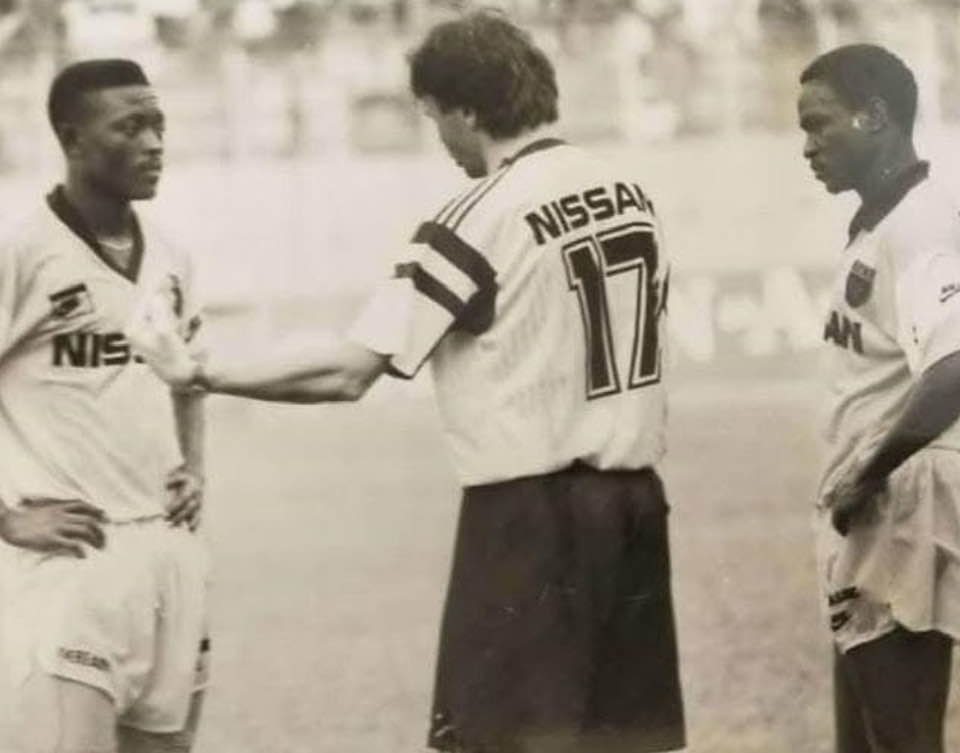
Asec Mimosas’ unbeaten run between 1989 and 1994 remains one of the greatest feats in the history of African football. The club’s ability to maintain such consistency over such a long period set a benchmark for African clubs and inspired many generations of players. Asec Mimosas became a symbol of excellence and dominance in African football, and their unbeaten streak continues to be a source of pride for their fans. The club’s impact is still felt today, and their achievement has ensured that Asec Mimosas will always be remembered as one of Africa’s most successful and consistent football clubs.
Their legendary unbeaten run has become part of football folklore, serving as a reminder that greatness is achieved not just through individual talent, but through a collective effort, unyielding determination, and an unwavering belief in success.
References:
- “BBC SPORT focus on Ivorian future”. By Ornstein, David for BBC News. 15 February 2008
- “Asec’s amazing run”. BBC News. By Copnall, James 24 October 2004.
- “The MIMOSIFCOM Academy way” by ANDREW FLINT 24 March 2015
- “The MimoSifcom Talent Factory”. By Karan Tejwani for Breaking the lines magazine December 6, 2020
Subscribe to Moor Sportz’s YouTube channel following this link https://youtube.com/@moorsportz?si=djYleiR9ZI733T6L
Visit our website at www.moorsportz.co.uk
You can also find us too on the Twitter, our coloured brand logo is unmistakable in the search engines.
Please note that we don’t have copyright ownership on the photos.
Story edited by Kehinde Fagbuaro
